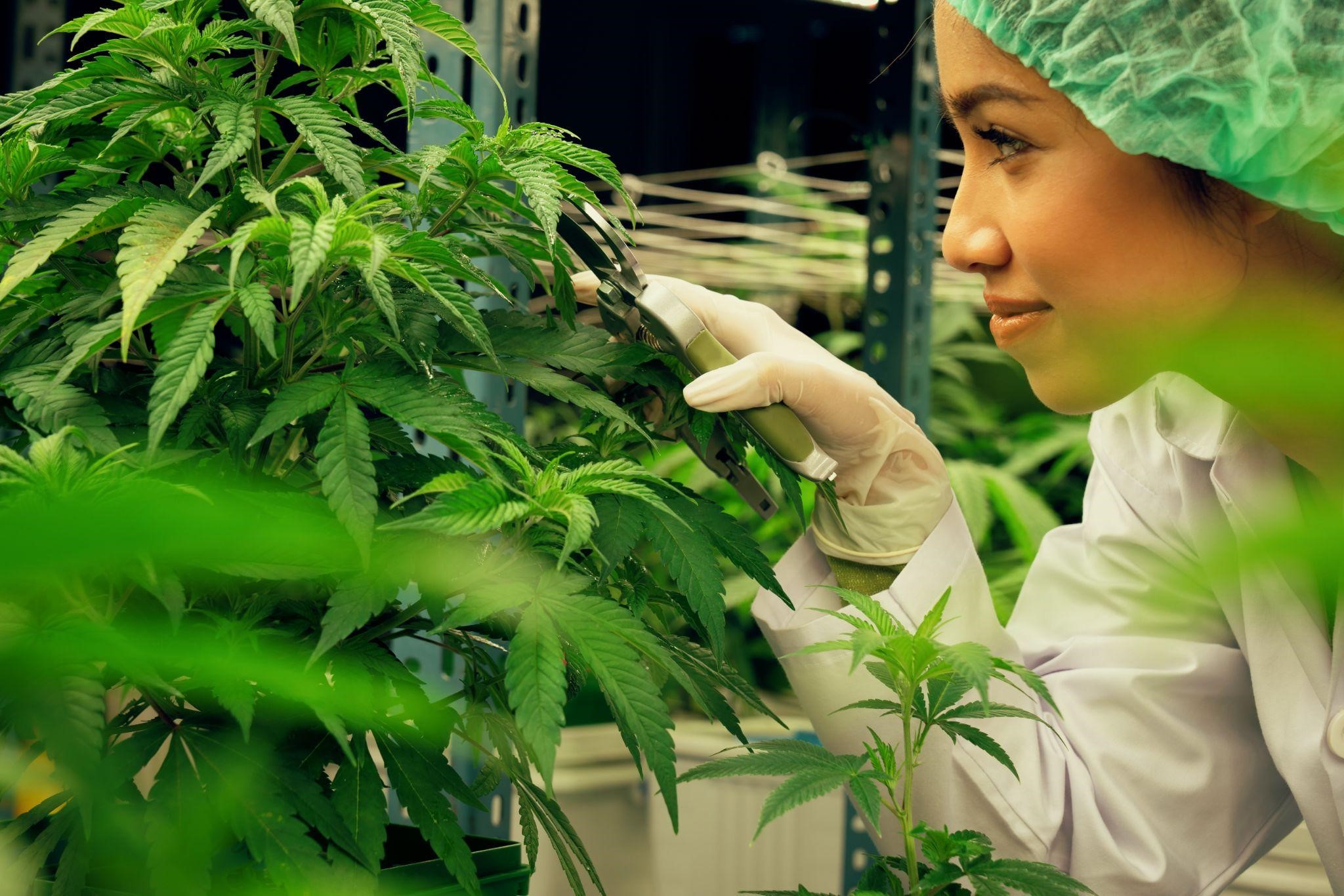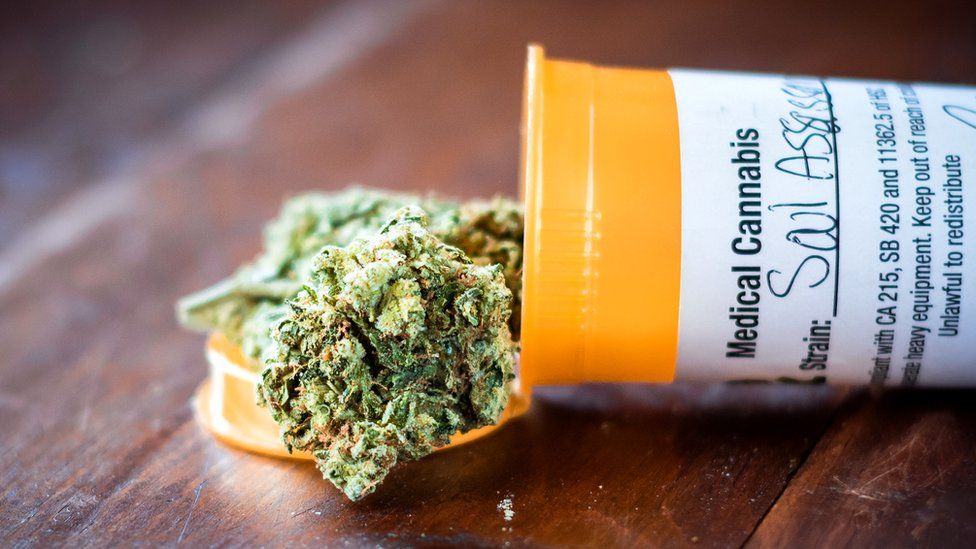Shedding Light on What Medical Cannabis Can Treat: a Comprehensive Evaluation of Its Therapeutic Residences
In current years, there has been an expanding passion in the restorative possibility of clinical marijuana. While anecdotal proof is plentiful, an extensive evaluation of the scientific data concerning the effectiveness of medical cannabis in treating these conditions is warranted.
Chronic Discomfort Administration
Persistent discomfort monitoring stays a vital aspect of clinical care, requiring a thorough technique for effective therapy. Over the last few years, clinical marijuana has emerged as a prospective healing choice for individuals struggling with persistent discomfort conditions. The endocannabinoid system, which plays an important role in pain modulation, has been targeted by cannabis-based therapies to improve and reduce signs and symptoms lifestyle for people.

Moreover, medical marijuana uses an encouraging alternative for clients that experience unbearable negative effects from conventional pain drugs. Its capability to resolve pain through a different mechanism makes it a useful enhancement to the arsenal of therapies available for persistent pain administration.
Epilepsy Therapy Potential
Medical marijuana has actually revealed encouraging potential in the treatment of epilepsy, using an unique therapeutic approach for handling seizures in patients. Epilepsy is a neurological disorder defined by frequent seizures, impacting individuals of any ages. Traditional treatments for epilepsy include antiepileptic medicines, but these drugs may not be effective for all clients and can have significant side impacts.
Research study on making use of medical cannabis for epilepsy has actually exposed encouraging outcomes. Cannabidiol (CBD), a non-psychoactive compound discovered in marijuana, has actually been especially highlighted for its anticonvulsant residential properties. Researches have actually revealed that CBD can lower the regularity and severity of seizures in patients with treatment-resistant forms of epilepsy, such as Dravet disorder and Lennox-Gastaut syndrome.
Furthermore, the FDA has accepted a CBD-based medicine, Epidiolex, for the therapy of seizures connected with these serious kinds of epilepsy. This landmark underscores the expanding recognition of medical marijuana as a beneficial healing choice for taking care of epilepsy and supplies expect clients who have not reacted well to traditional therapies.
Queasiness Alleviation Benefits
The reduction of queasiness with using cannabis has actually been progressively recognized for its therapeutic benefits in different medical conditions. Nausea or vomiting and throwing up are common signs and symptoms experienced by clients undertaking chemotherapy, those with food poisonings, and individuals with persistent pain conditions. Clinical marijuana, with its active substances such as THC and CBD, has actually revealed assurance in offering remedy for nausea.

In addition, clinical cannabis provides an all-natural option for people who do not react well to standard anti-nausea medicines or who experience extreme side results from these medicines. Clients going through radiation treatment, particularly, have reported substantial enhancements in their quality of life when utilizing cannabis to take care of nausea. As research in this location proceeds to expand, medical cannabis is progressively being considered as a valuable alternative for nausea alleviation in numerous clinical settings.
Stress And Anxiety Reduction Impacts
Studies have demonstrated the possibility of marijuana in reducing anxiety signs and symptoms with its communication with the endocannabinoid system. The endocannabinoid system plays an important function in regulating feelings, consisting of anxiety, by keeping homeostasis in the body. Cannabinoids in marijuana, such as THC and CBD, interact with the endocannabinoid Read Full Article receptors in the brain, particularly the CB1 and CB2 receptors, to regulate anxiety-related feedbacks.

Clients with problems like generalised anxiety condition (GAD), social anxiousness problem, and post-traumatic stress disorder (PTSD) may take advantage of the anxiolytic properties of cannabis (Medical Cannabis Clinic). Additional study is required to determine ideal dosages, distribution approaches, and lasting impacts on anxiousness management.
Prospective for Swelling Control
With its recognized anti-inflammatory homes, marijuana has revealed pledge in potentially regulating swelling within the body. Inflammation is the body's natural reaction to injury or infection, yet when it comes to be persistent, it can add to various conditions such as arthritis, inflammatory bowel condition, and even cardiovascular disease. Research suggests that the cannabinoids found in cannabis, such as THC and CBD, can assist control the immune feedback and lower inflammation.
Researches have actually shown that marijuana can connect with the endocannabinoid system, which plays an important function in managing inflammation. By targeting the cannabinoid receptors, cannabis substances can modulate the immune action, bring about a reduction in swelling levels. This makes marijuana a prospective candidate for handling inflammatory problems where traditional treatments have fallen brief.
In addition, cannabis-derived items like CBD oil have obtained popularity for their anti-inflammatory residential properties, with several individuals using them as an all-natural solution for problems connected with swelling. While even more research is required to totally recognize the devices behind marijuana's anti-inflammatory impacts, present findings show encouraging outcomes for the prospective usage of clinical marijuana in managing swelling.
Conclusion
Finally, clinical marijuana has shown encouraging restorative residential or commercial properties in taking care of chronic discomfort, treating epilepsy, relieving nausea, reducing anxiety, and regulating inflammation. Its prospective advantages in free women's clinic near me numerous clinical conditions highlight the relevance of more research study and expedition into its medicinal use. The evidence recommends that clinical cannabis could be an important option therapy choice for clients looking for relief from a variety of signs and symptoms and conditions.
In recent years, medical cannabis has look at this website actually emerged as a potential healing choice for individuals enduring from persistent pain conditions.Clinical cannabis has revealed encouraging capacity in the treatment of epilepsy, using an unique therapeutic approach for handling seizures in people. As research study in this location continues to grow, clinical marijuana is significantly being considered as a beneficial option for nausea or vomiting relief in different clinical setups.
In conclusion, medical cannabis has revealed encouraging therapeutic residential or commercial properties in handling persistent pain, dealing with epilepsy, alleviating nausea or vomiting, reducing anxiousness, and managing inflammation. The proof recommends that clinical marijuana could be a valuable choice therapy alternative for clients looking for alleviation from a variety of symptoms and problems.